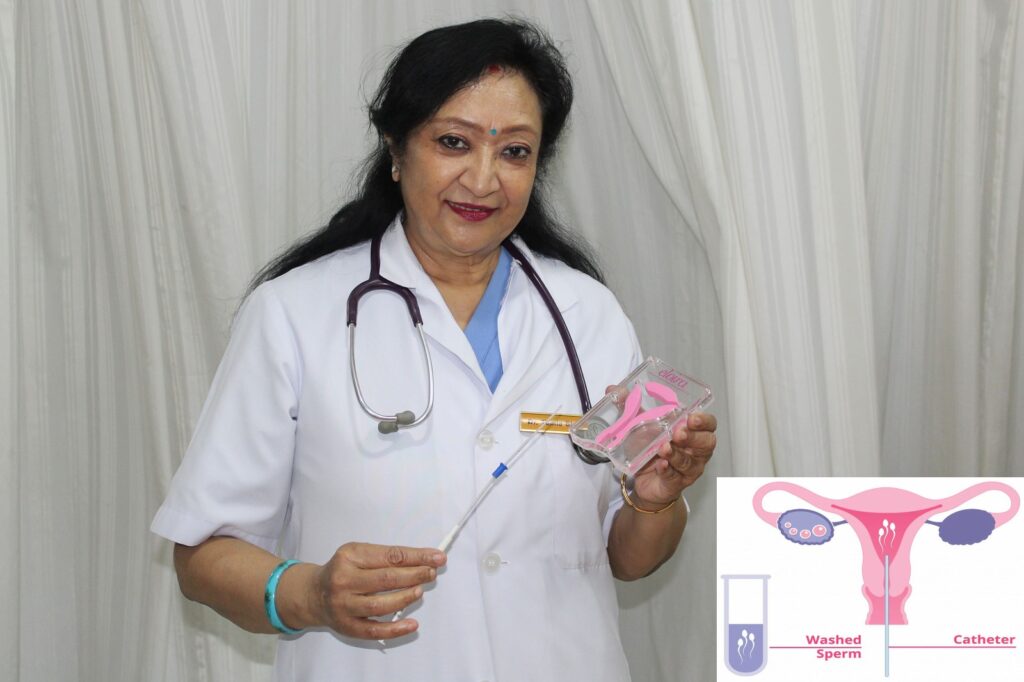IUI in Nepal: A Guide to Fertility Treatment
Intrauterine Insemination (IUI) is one of the most commonly used fertility treatments around the world, including in Nepal. This method can be a great option for couples or individuals looking to conceive when other methods haven't worked. If you're considering IUI in Nepal, here's what you need to know about the process, costs, success rates and more.
Who Should Consider IUI?
IUI in Nepal is a good choice for couples or individuals facing infertility issues due to various reasons. Some common candidates for IUI include:
- Women with ovulation problems
- Mild cases of male infertility (low sperm count or motility)
- Couples experiencing unexplained infertility
- Women with mild endometriosis
- LGBTQ+ couples or single women opting for donor sperm
The IUI Process
The IUI process is relatively simple compared to other fertility treatments. Here's a step-by-step look:
- Ovulation Stimulation: Medications may be prescribed to stimulate egg production in women.
- Semen Collection: The male partner or sperm donor provides a sperm sample, which is then "washed" to select the best quality sperm.
- Insemination: During ovulation, the prepared sperm is inserted directly into the uterus using a thin catheter.
- Waiting Period: After the procedure, patients wait for about two weeks before taking a pregnancy test to see if the IUI was successful.
IUI Success Rate in Nepal
The success rate of IUI in Nepal depends on several factors, including the woman's age, underlying fertility issues and sperm quality. Generally, the success rate for IUI is around 10% to 20% per cycle. For women under 35, the chances of success are higher, while older women may experience lower success rates.
Symptoms of IUI Success
While it's hard to determine if an IUI was successful before a pregnancy test, some women may experience early pregnancy symptoms, such as:
- Mild cramping or spotting
- Breast tenderness
- Fatigue
- Nausea
However, these symptoms are not definitive and can also occur due to hormonal changes after the IUI procedure.
Is There an Age Limit for IUI?
Age is an important factor in the success of IUI in Nepal. Women under 35 have the best chances of success, while women over 40 may find IUI less effective. While there is no strict age limit, women over 40 are often advised to consider other treatments like IVF, which may offer higher success rates.
By providing affordable options and a straightforward process, IUI in Nepal is helping many individuals and couples achieve their dream of parenthood. If you're considering fertility treatment, consult with a specialist to find out if IUI is the right option for you.
For personal care and expert advice, visit Sukhi Pariwar Clinic for IUI treatment in Nepal. The experienced team is ready to help you on your journey to becoming parents.

